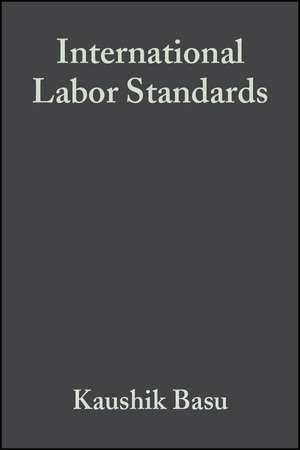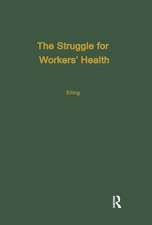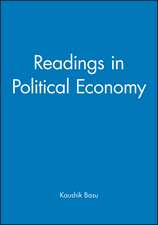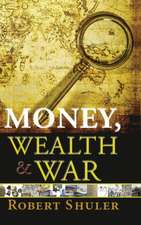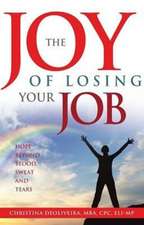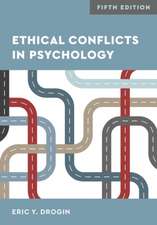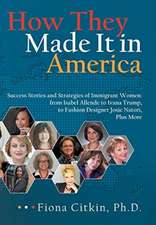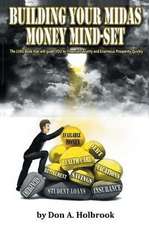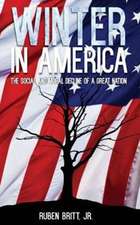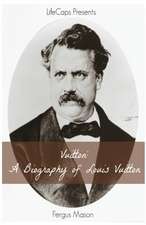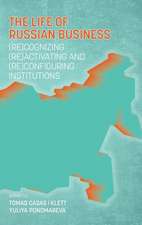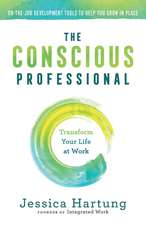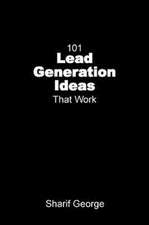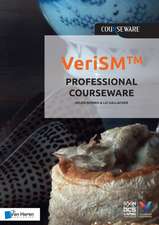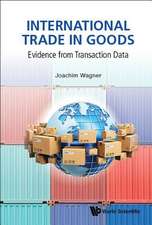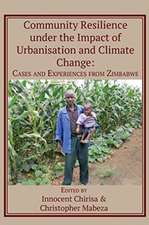International Labor Standards – History, Theory and Policy Options
Autor K Basuen Limba Engleză Hardback – 16 ian 2003
- How did the labor standards movement evolve in the past, and what can we learn from its history?
- What do contemporary economic theories tell us about the possible impact of international labor standards?
- What solid empirical evidence do economists have about the incidence, causes and effects of child labor?
- What kind of global institutions do we have or need in order to enforce any agreement on labor standards, and what role should the ILO and WTO play?
Compiling the best research in the field, this book provides a solid basis for policy decisions, while also serving as a challenging text for students in trade, development, and labor economics.
Preț: 862.20 lei
Preț vechi: 947.47 lei
-9% Nou
Puncte Express: 1293
Preț estimativ în valută:
164.98€ • 172.25$ • 136.54£
164.98€ • 172.25$ • 136.54£
Carte tipărită la comandă
Livrare economică 05-19 aprilie
Preluare comenzi: 021 569.72.76
Specificații
ISBN-13: 9781405105552
ISBN-10: 1405105550
Pagini: 360
Dimensiuni: 164 x 235 x 24 mm
Greutate: 0.65 kg
Editura: Wiley
Locul publicării:Chichester, United Kingdom
ISBN-10: 1405105550
Pagini: 360
Dimensiuni: 164 x 235 x 24 mm
Greutate: 0.65 kg
Editura: Wiley
Locul publicării:Chichester, United Kingdom
Public țintă
upper–level undergraduates and graduate students in International Trade, Economic Growth, and Economic Development courses, as well as researchers in trade and development economicsDescriere
This work addresses the controversial call for international labour standards, seeking to productively further this debate by considering the economic implications and history of these standards.
